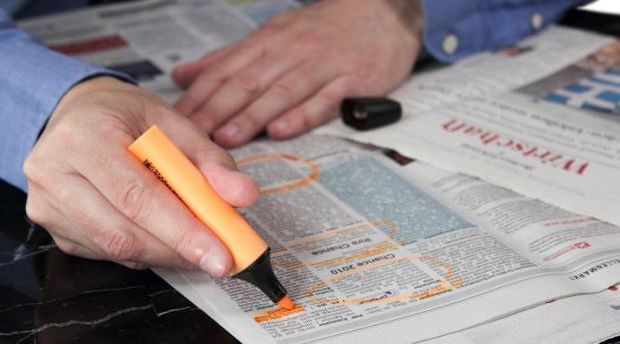Promotion of Advertising on Campuses
Post Views 0Advertising on campuses has become quite common, with many individuals being called “brand ambassadors.” When it comes to brand ambassadors, companies will typically hire specific students and have them market and advertise for certain products and brands. This is a win-win situation for both the company and the student who does the marketing because the company is able to reach a target audience, an audience that is huge, and the student gets to earn money and add the experience to their resume. Students are typically hired under the position of an intern and are able to spread the word on different brands, products, and companies.
The vice president of University Relations for Campus Entertainment, Laura Bundrick, has said, “Companies like MTV, Sun Drop and Verizon Wireless, among others, recognize the power of word of mouth.” She also said, “Students get their information from peers, and by utilizing college students companies see a return on their investment.”
Campus Entertainment is much of a middleman for students and companies all over the country. The students are paid nearly $125 each week. However, the amount the student earns each week will depend on what, exactly, they are representing at the time.
A sophomore at the University of Nebraska-Lincoln, Lauren Andrews, has actually made $1,000 throughout six weeks of an internship with the popular beverage company, Sun Drop. Andrews and another student, Lauren Goodell, worked together to pass out 15 cases of Sun Drop soda each week throughout the different events that took place on campus. Goodell says that they also participated in an assortment of other events.
However, the experience of Andrews’ and Goodell is a good idea of what types of problems could arise. For example, Sun Drop is a member of the Dr.Pepper and Snapple products. However, the University is a campus sponsored by Pepsi. Both students found out they violated an agreement because of the school being sponsored for a separate beverage company. Goodell says, “I was never asked to stop by university officials.” She also says, “A few actually took Sun Drop and thanked me for it. I was not aware of the university policy until recently, after our campaign was over.”
Kelly Bartling, the news director of the University Communications, on the other hand, has said, “We don’t endorse or assist vendors in soliciting on campus.” Bartling also says, “To raise awareness is one thing, to sell a product is another. A gray area would be using a brand ambassador to raise awareness.”
Erin Carey, who was hired by Verizon to create awareness about the company, has said, “I think having brand ambassadors can be a positive experience if they don’t heckle students.” Carey also says, “We weren’t trying to sell phones. I think it can be a good thing until it’s taken to a level of trying to sell things, then it becomes something bad.”
Promotion of Advertising on Campuses by Harrison Barnes



 What Can AdvertisingCrossing Do For Me?
What Can AdvertisingCrossing Do For Me?  AdvertisingCrossing Provides Access to Thousands of Industry Jobs
AdvertisingCrossing Provides Access to Thousands of Industry Jobs  Netflix Habits Vary Around the World
Netflix Habits Vary Around the World  50 Marketing Habits Every Company Should Follow
50 Marketing Habits Every Company Should Follow  AdvertisingCrossing Provides Job Seekers with Glimpses of Featured Employers
AdvertisingCrossing Provides Job Seekers with Glimpses of Featured Employers